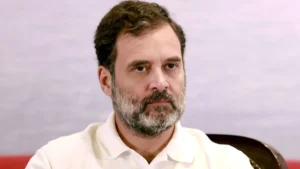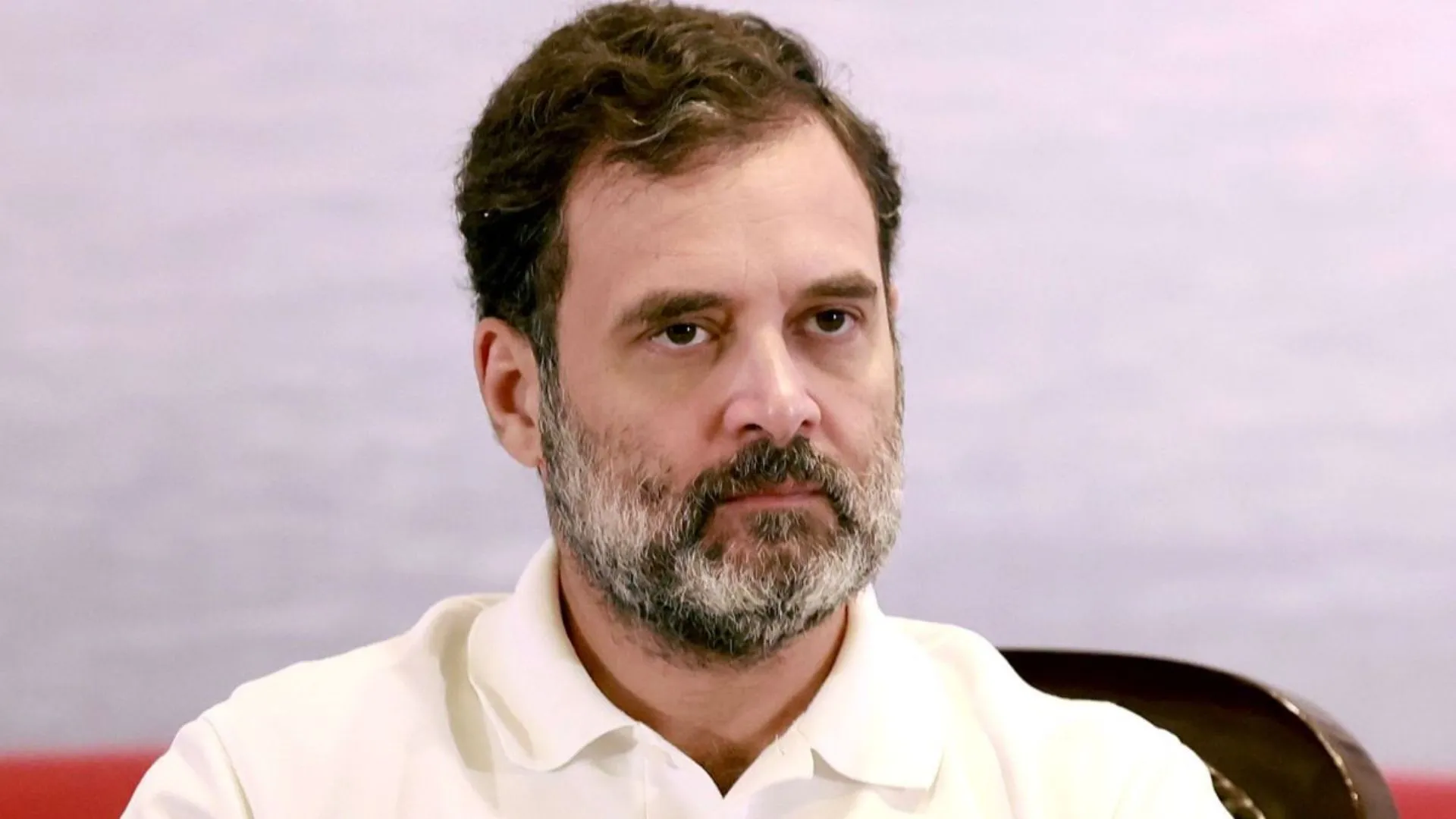South Korea‘s financial markets took a significant hit on Monday, as the country’s political turmoil continues to stir uncertainty. The Kospi stock index dropped by over 2%, falling 2.5%, while the Kosdaq index saw an even sharper decline of 4.4%. Investors are on edge as the fallout from President Yoon Suk Yeol’s controversial declaration of martial law continues to unfold.
The recent political drama began over the weekend when President Yoon survived an impeachment vote. Despite this, the political scene remains tense as the opposition continues to push for accountability. The ruling People Power Party, which boycotted the impeachment vote, now faces a brewing storm as its leader has hinted that Yoon may step down. On top of this, Yoon is now under criminal investigation for potential charges of treason and abuse of power, according to local media.
These political uncertainties have deeply affected investor sentiment, triggering a sell-off in South Korean stocks. Investors are closely watching the unfolding political situation, as the prospect of further instability could continue to impact the market.
In other parts of the Asia-Pacific region, markets experienced mixed performances as traders digested economic data. Japan’s Nikkei 225 managed to eke out a small gain of 0.1%, with the Topix index up 0.2%. This came on the back of revised third-quarter GDP data, which showed Japan’s economy grew at a faster pace than expected, rising 0.3% quarter-on-quarter.
However, China’s economic data painted a less optimistic picture. The CSI 300 index, which tracks major stocks in mainland China, dipped by 0.5%. Hong Kong’s Hang Seng index also saw a decline of 0.6%. A key indicator, China’s consumer price growth for November, came in below expectations, rising just 0.2% year-on-year, a slowdown from the previous month and missing economists’ forecast of 0.5%.
Australia’s S&P/ASX 200 index also followed the downward trend, falling 0.6%.
As global markets react to a volatile mix of political uncertainty and economic data, investors are bracing for more volatility. The political crisis in South Korea, in particular, has become a key focus, with its outcome likely to have a ripple effect on regional markets. The coming weeks could prove to be crucial for South Korea’s economy, as the outcome of President Yoon’s challenges and the direction of the ongoing criminal investigation continue to unfold.
ALSO READ: Equity Investors Become Poorer By Rs 7.37 Trillion As Markets Tumble























